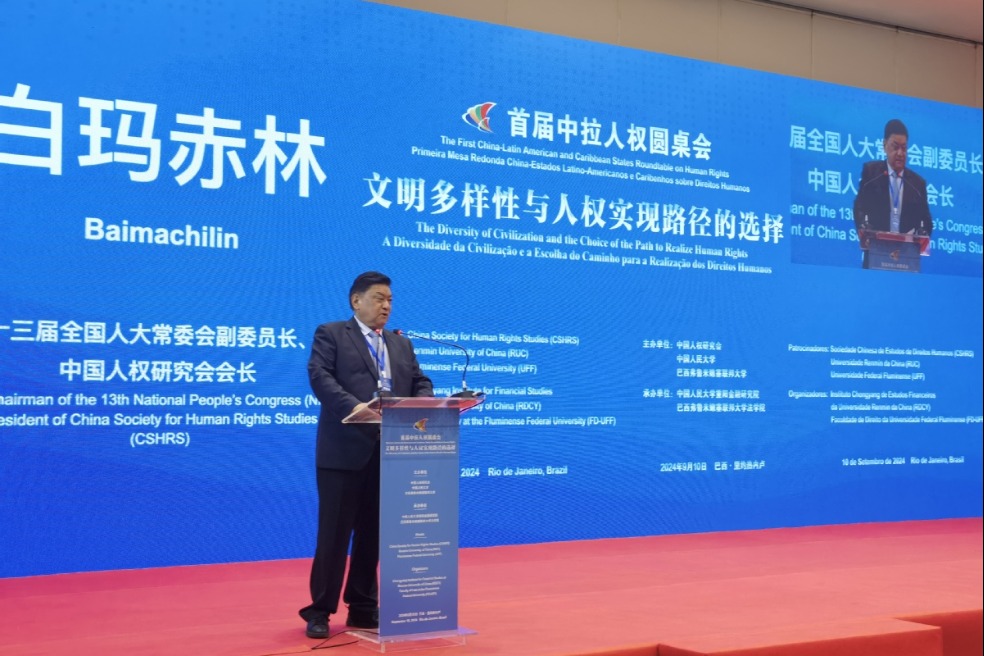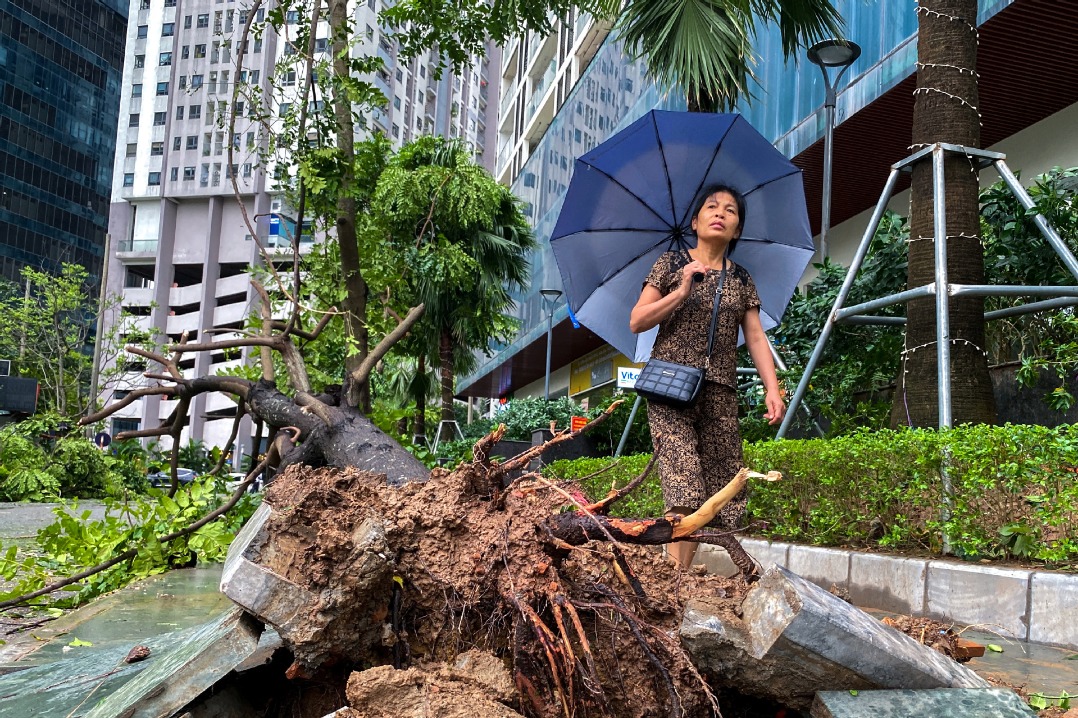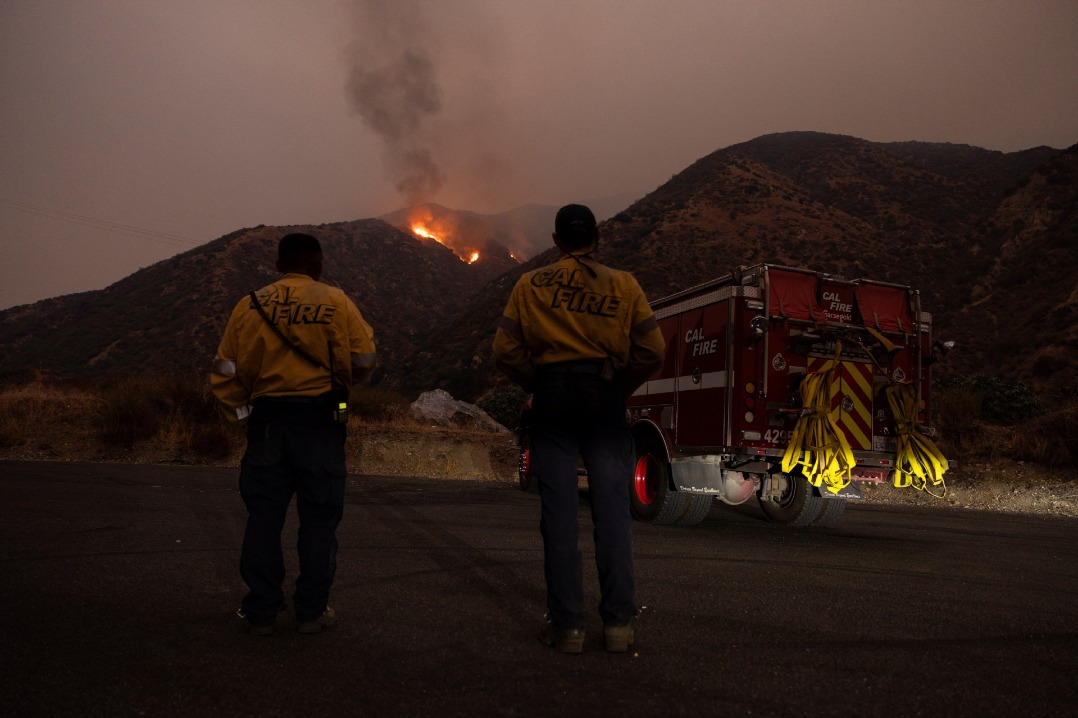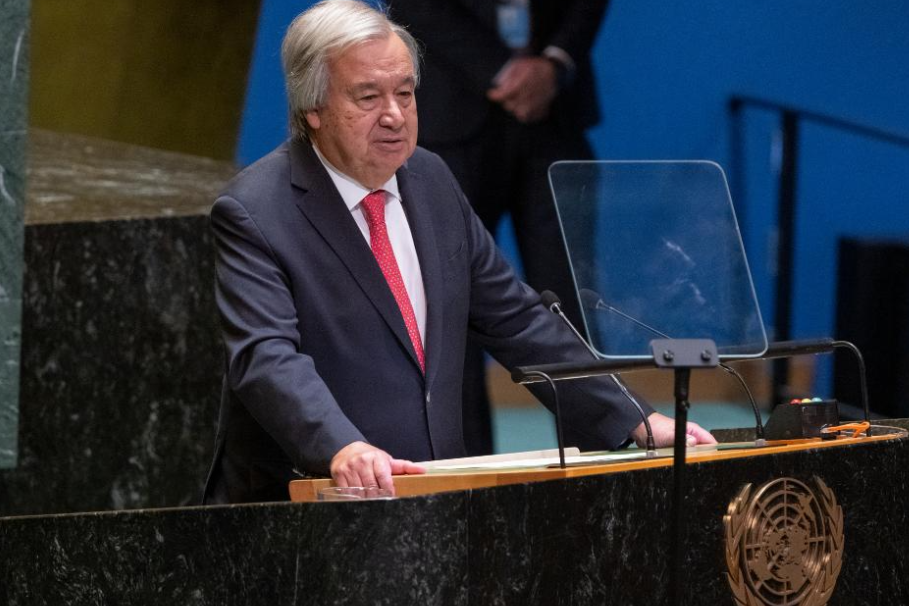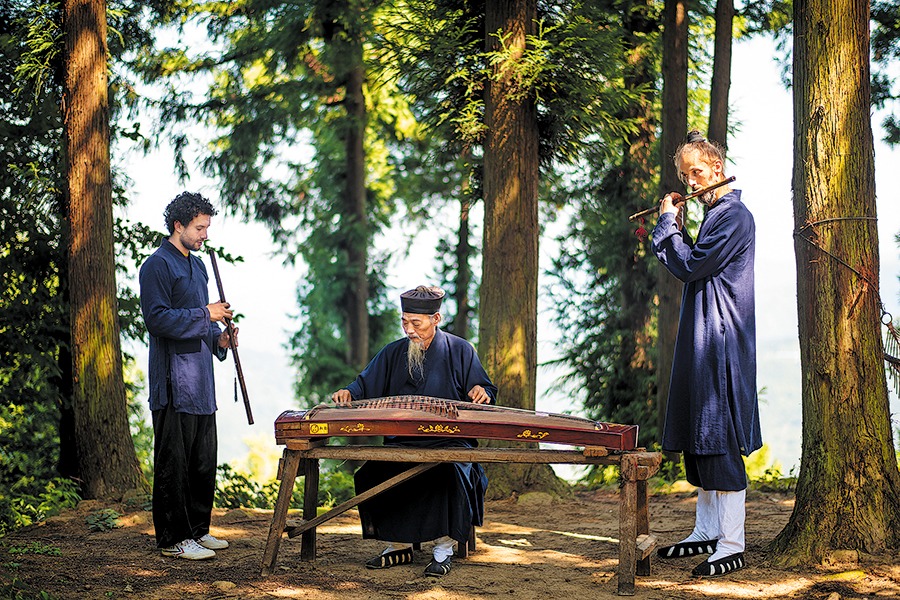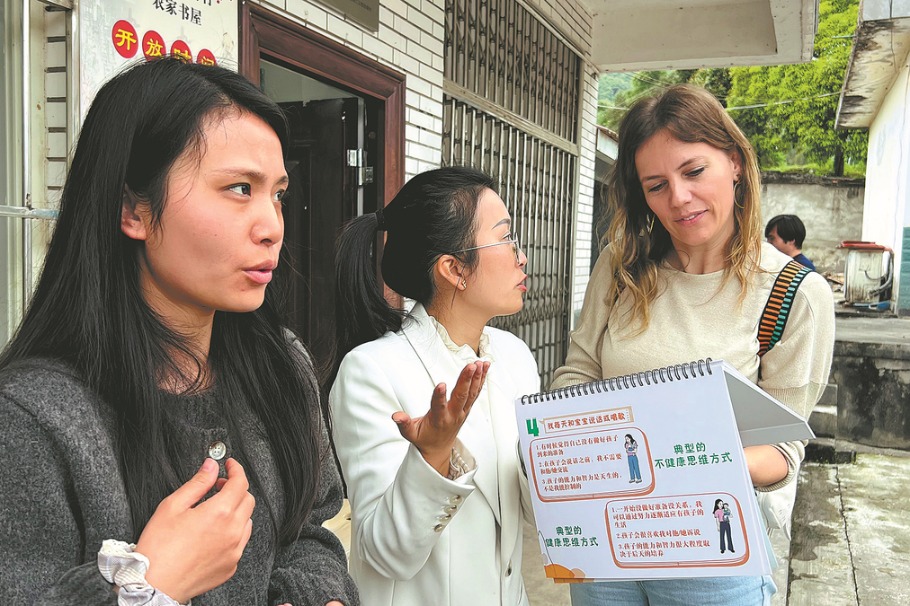Foreign diplomats hail province's burgeoning ice-and-snow economy

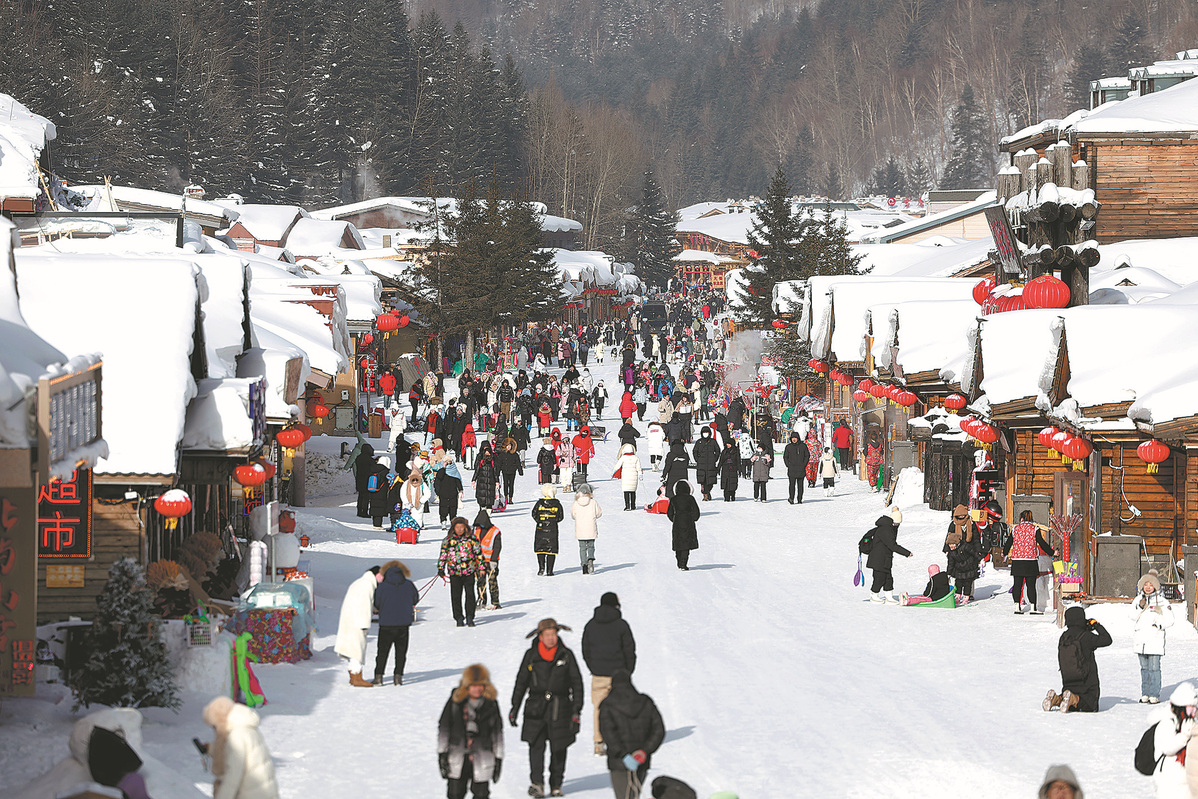
Diplomats and other foreign dignitaries visited Northeast China's Heilongjiang province last week to seek more cooperation projects and share their experiences in related fields, with green opportunities in the winter sports and tourism industry being a focus of their attention.
The visitors, from countries with a strong winter sports culture and member states of the Olympic Council of Asia, also aimed to forge cooperation in the ice-and-snow industry.
For Peter Lizak, Slovakia's ambassador to China, providing suitable heating in the snow-covered area was an impressive achievement witnessed during a trip to Xuexiang National Forest Park in Mudanjiang.
"The air is clear, and I did not smell any coal burning here," Lizak said.
The province, known for its rich coal resources, is also a popular winter tourist destination, with its snow and ice attractions.
Lizak was one of the 22 guests from 18 countries and international organizations who arrived in Mudanjiang on Tuesday as part of a five-day tour, organized by the Foreign Ministry, to gain firsthand insights into the 2025 Asian Winter Games set to be held in Harbin, the capital of Heilongjiang.
The visiting diplomats expressed their keen interest in Heilongjiang's sustainable development in the emerging sector, which attracted many of the 6.62 million tourist visits to the province during the recent three-day New Year's holiday.
"We have to invest in sustainable means of transportation, sustainable ways of managing hotels and sustainable ways of managing infrastructure," Juerg Burri, the Swiss ambassador to China, said at a seminar on the ninth Asian Winter Games and the high-quality development of the ice-and-snow economy.
Burri said it is necessary to develop great infrastructure to develop the winter economy without harming the landscape.
Lizak said: "It is a complicated thing to balance tourism development and environmental protection. In Slovakia, we have restrictions on developing ski resorts in important nature reserves."
The local government has actively worked to protect ice and snow resources and boost the winter tourism economy, said Zhao Wenzheng, an official at Mudanjiang's foreign affairs office.
Zhao highlighted the use of green technology, such as the use of a geothermal heat pump system in local factories.
Traffic restrictions in the snow-covered region and the use of electric cars in freezing temperatures were also topics of interest among the visitors. Private gasoline-powered cars are restricted in snowy areas, and only electric cars and public transportation are permitted in the mountainous tourist spots.
"Electric cars and their batteries in China have developed rapidly, and they can now run smoothly in such winter climates," Zhao said.
Andreas Riecken, the Austrian ambassador to China, said that finding adequate energy for heating in freezing winters remains a challenge for snowy and icy countries.
"The water is frozen and the weather is not sunny, so solar power and hydro power are not reliable," he said.
Austria aims for carbon neutrality by 2040, and China before 2060.The two countries can cooperate more in green energy to achieve these goals, Riecken said.
Milia Jabbour, the Lebanese ambassador to China, said that it was the first time she had visited Heilongjiang and that she found the two countries can certainly share their experiences in the snow tourism industry.
"During this trip, I find we can learn from each other," Jabbour said. "As a new resort, Heilongjiang can learn more from Lebanon and other countries to cultivate culture and identity around snow, to attract tourists to come back again, while Lebanon can learn from Heilongjiang how to develop infrastructure and respect the ecosystem."
During the trip, the bus transporting the guests also took them to a frozen lake, giving them the opportunity to witness how local residents celebrate the winter fishing season.


















